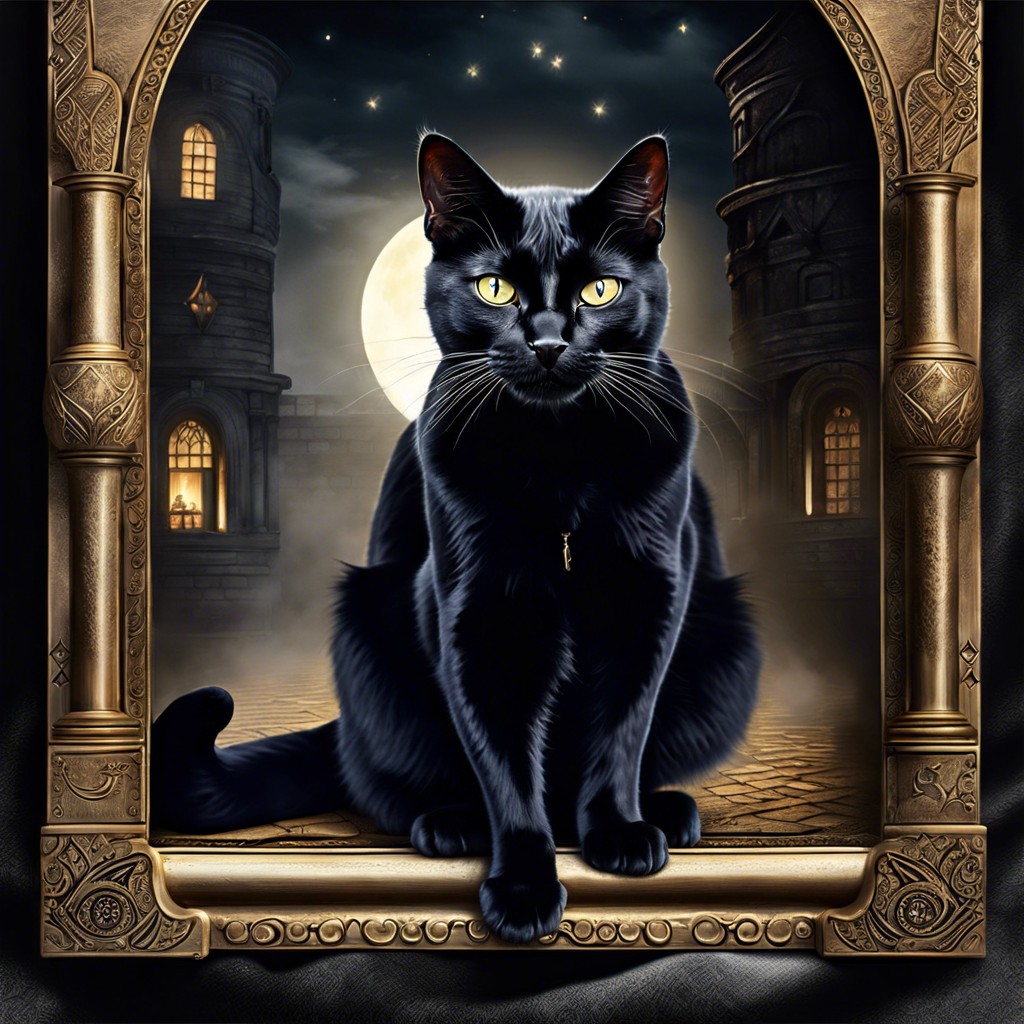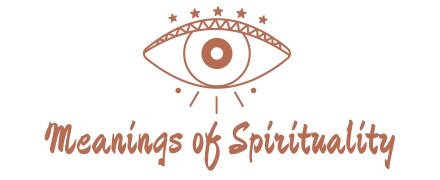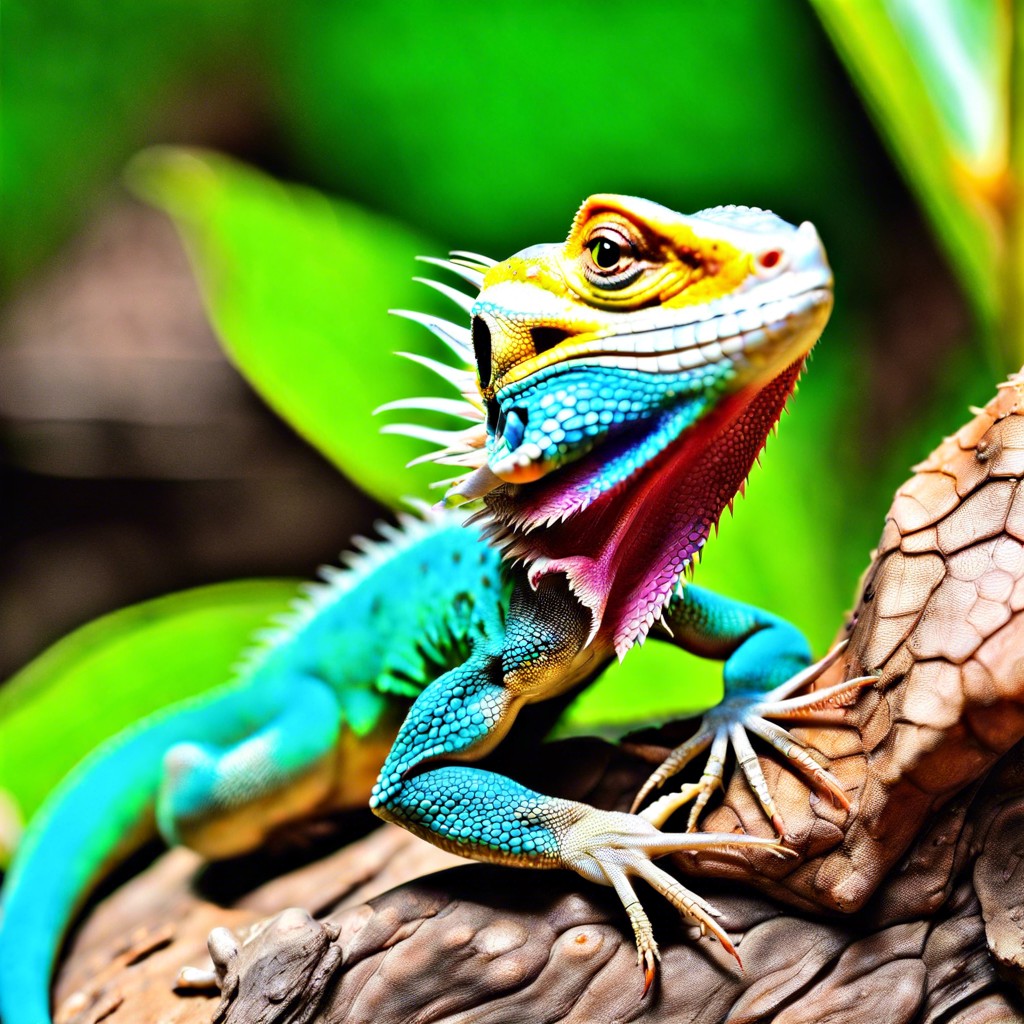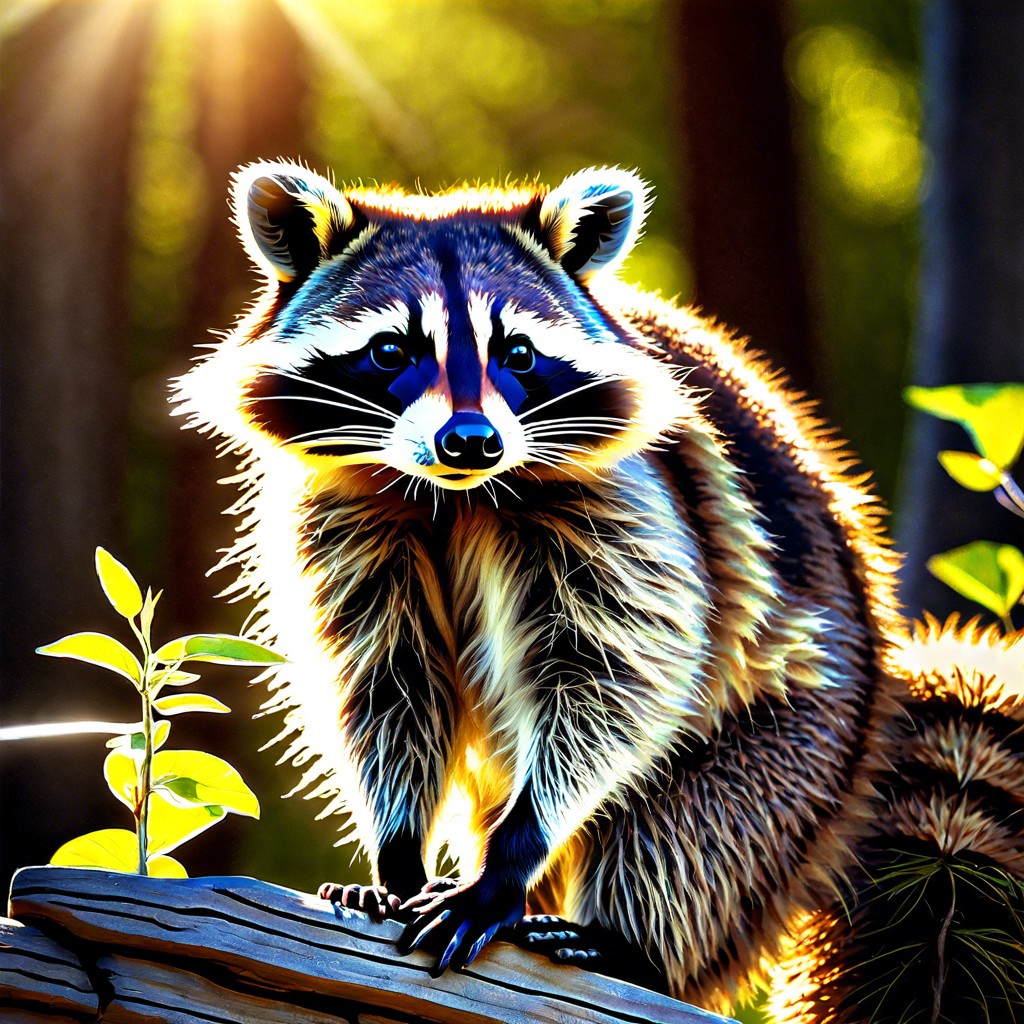Discover the spiritual meanings and symbolism associated with black cats through real Bible verses and interpretations.
Black cats often evoke strong emotions and varied interpretations across cultures. Discover how these intriguing creatures symbolize good luck and protection, delve into their historical ties with witchcraft and mysticism, and explore their unique roles in Christianity, Hinduism, and Celtic traditions. Uncover their deeper significance as protectors and spiritual guides, offering a wealth of insight into their fascinating spiritual meanings.
Key takeaways:
- Black cats viewed differently across cultures.
- Black cats linked to good luck and protection.
- Historical associations with witchcraft and mysticism.
- Representations in Christianity, Hinduism, and Celtic traditions.
- Significance as protectors and spiritual guides.
Historical Perception of Black Cats

Ancient civilizations had diverse views on black cats. Ancient Egyptians revered all cats, black ones included, associating them with the goddess Bastet, symbolizing protection and fertility.
During the Middle Ages in Europe, black cats took on a darker reputation, often linked to witchcraft and considered omens of bad luck. This stemmed from superstition and fear.
However, in Japanese folklore, black cats were seen as symbols of good luck, believed to ward off evil spirits and bring prosperity. Similarly, in Scottish lore, a black cat’s arrival at a home signifies coming prosperity.
Views have evolved over time, shifting with cultural nuances and societal values.
Witchcraft and European Folklore
In medieval Europe, black cats were often linked to witchcraft and the supernatural. Their sleek, shadowy appearance fueled fears and superstitions. Many believed black cats were witches’ familiars, aiding them in their magical practices.
This association led to some unfortunate consequences. During the witch hunts, owning a black cat could lead to accusations of witchcraft. People thought these animals could transform into witches or demons.
Despite their dark reputation, not all of Europe held negative views. In some regions, a black cat crossing your path signified good fortune. Sailors often kept black cats on ships, believing they brought protection and safe voyages.
Black Cats As Spiritual Protectors
Traditionally, black cats are seen as guardians of the home. They are believed to ward off negative energies and spiritual harm. In many cultures, their presence is thought to create a protective barrier.
For example, in Japanese folklore, black cats often bring good fortunes and act as talismans for safe travel. This belief showcases their role as protectors in different cultures.
Ancient Egyptians revered cats, including black ones, as sacred beings. They associated these cats with the goddess Bastet, who symbolized home protection and domestic safety.
In modern spiritual practices, black cats are often kept to shield their owners from bad luck and to absorb negative energy. Many believe their keen senses make them particularly attuned to unseen threats.
Therefore, black cats play a vital role in various spiritual beliefs, emphasizing their protective qualities.
Cultural Differences in Black Cat Symbolism
In Japan, black cats are seen as symbols of good luck, especially for single women seeking suitors. They are believed to attract wealth and prosperity. In Scottish lore, a black cat’s arrival at your home signifies future prosperity.
Conversely, in much of European history, black cats were often linked to witches and considered omens of bad luck. This belief still persists in some areas today.
In Ancient Egypt, black cats were cherished and even worshipped. They were associated with the goddess Bastet, representing home and fertility.
African folklore often views them as guardians and guides, spiritual entities that protect against evil forces.
Each culture’s view on black cats reflects unique historical, social, and spiritual contexts.
The Symbology of Black Cats in Different Religions
In Christianity, black cats are often seen with suspicion due to historical associations with witchcraft. They have been linked to dark forces, creating a lingering aura of mistrust.
In ancient Egyptian culture, however, black cats were revered. The goddess Bastet, a symbol of home, fertility, and protection, was often depicted as a lioness or a domestic cat. Her association bolstered the view of black cats as divine and protective.
Japanese folklore presents a contrasting perspective. A black cat crossing your path is considered a bearer of good luck and positive energy. They are believed to bring prosperity and ward off evil spirits.
In Celtic traditions, black cats were symbols of mystery and the unknown, often acting as spiritual intermediaries. They were seen as emblems connecting the physical world with the spiritual realm.
Hinduism also treats black cats with respect, associating them with the goddess Shashthi, a protector of children. Seeing a black cat is considered auspicious, signaling protection and maternal care.
Each religious backdrop offers a unique lens through which the symbol of the black cat is viewed, reflecting a diverse spectrum of interpretations across cultures.





